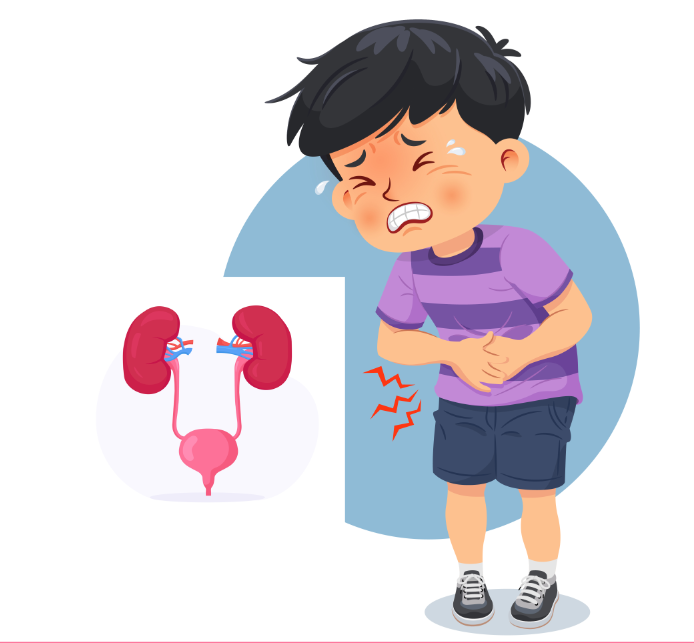Pediatric urology counseling involves providing comprehensive guidance and support to children and their families who are dealing with urological conditions or concerns. These conditions can affect the urinary tract or genital organs in children, and they may require medical or surgical intervention.
Here’s an in-depth look at pediatric urology counseling:
- Scope of Pediatric Urology: Pediatric urology encompasses a wide range of conditions affecting the urinary system and genital organs in children, including congenital anomalies, urinary tract infections, voiding dysfunction, urinary incontinence, genital abnormalities, and more.
- Role of Pediatric Urologist: Pediatric urologists are specialized healthcare professionals who diagnose and treat urological conditions in children. They work closely with pediatricians, pediatric nurses, and other specialists to provide comprehensive care for their young patients.
- Counseling Goals:
- Education: One of the primary goals of pediatric urology counseling is to educate children and their families about the specific condition or concern they are facing. This includes explaining the underlying causes, symptoms, treatment options, and potential outcomes.
- Emotional Support: Dealing with a pediatric urological condition can be emotionally challenging for both children and their parents. Counseling provides a supportive environment where families can express their concerns, fears, and emotions and receive reassurance and guidance.
- Treatment Decision-Making: Counseling helps families make informed decisions about their child’s treatment plan. This involves discussing the available treatment options, including their benefits, risks, and potential impact on the child’s quality of life.
- Long-Term Management: For chronic or complex urological conditions, counseling plays a crucial role in long-term management. This includes discussing follow-up care, monitoring the child’s progress, and addressing any new concerns or complications that may arise.
- Transition to Adulthood: In cases where the child’s urological condition requires ongoing care into adulthood, counseling helps prepare both the child and their family for the transition to adult urology services.
- Communication Approach:
- Child-Centered: Counseling sessions should be child-centered, meaning they focus on the needs and concerns of the child while also involving the parents or caregivers as necessary. The language and information provided should be age-appropriate and tailored to the child’s level of understanding.
- Family-Centered: Since pediatric urological conditions can impact the entire family, counseling should also involve parents or caregivers. This ensures that everyone is on the same page regarding the child’s diagnosis, treatment plan, and ongoing care.
- Sensitive and Empathetic: Healthcare providers should approach pediatric urology counseling with sensitivity and empathy, recognizing the emotional impact that urological conditions can have on children and their families. Open communication, active listening, and validation of feelings are essential components of effective counseling.
- Multidisciplinary Approach: Pediatric urology counseling often involves collaboration with other healthcare professionals, including pediatricians, pediatric nurses, psychologists, social workers, and genetic counselors. This multidisciplinary approach ensures that all aspects of the child’s physical, emotional, and psychosocial well-being are addressed.

